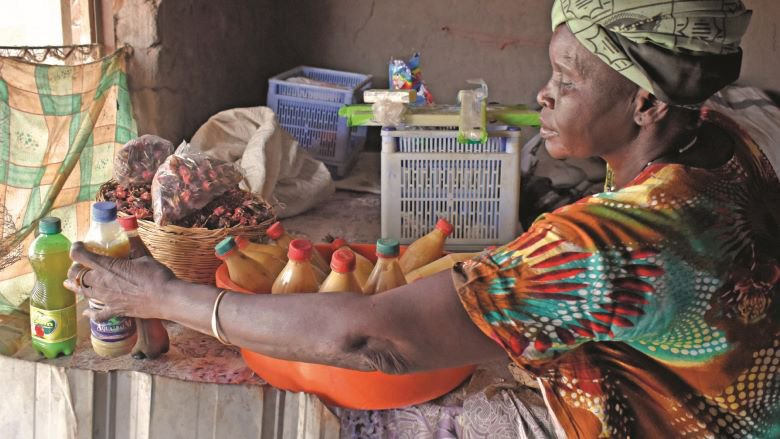
South Sudan starts a cash transfer scheme to help more than one million people
Under a safety net initiative supported by the World Bank, South Sudan announced on Tuesday that it has started transferring money to help over a million people.
The five-year South Sudan Productive Safety Net for Socioeconomic possibilities Project, sometimes called “Shabaka Meisha,” or “livelihoods net,” offers financial aid and possibilities for hard-working public service to improve homes. Additionally, it provides training on behavioral change to support the development of human capital.
The project’s goals are to strengthen the national safety net delivery system and give 1.1 million people in 20 counties in South Sudan cash transfers and income-generating opportunities, according to Josephine Lagu, the country’s minister of agriculture and food security, who launched the cash payments in Juba, the capital.
Lagu stated that Shabaka Meisha helps vulnerable families become self-sufficient through economic and agricultural endeavors by attending to the needs of immediate households. In light of inflation and other difficulties, she said, the cash transfers are intended to lessen the financial strain on those that are already struggling, allowing them to participate in profitable ventures and take care of their urgent needs.
Following extensive preparation, which includes establishing community oversight committees and appeals mechanisms, biometrically registering beneficiaries into the government-led information management system, and geographically targeting and validating beneficiaries, the government’s 199 million dollar initiative is being rolled out.
According to Ayali Koyongwa, undersecretary for planning at the Ministry of Finance and Planning, the government takes a holistic approach to social protection. “Shabaka Meisha is putting this into practice by providing safety net transfers, which address urgent needs while laying the groundwork for long-term development,” Koyongwa continued.
The project is essential to promoting human capital, climatic resilience, and peace in South Sudan, according to World Bank Country Director Maryam Salim.
In order to empower its people and advance sustainable development, the World Bank is dedicated to helping South Sudan establish a strong social protection system. Salim expressed his satisfaction with the government’s initiative in offering assistance to its residents.
With the goal of lowering vulnerability and enhancing resilience among South Sudanese households, the project, which was first introduced nationally in August of last year, relies on the achievements and knowledge of previous World Bank-supported projects.
All Categories
Recent Posts
Tags
+13162306000
zoneyetu@yahoo.com



